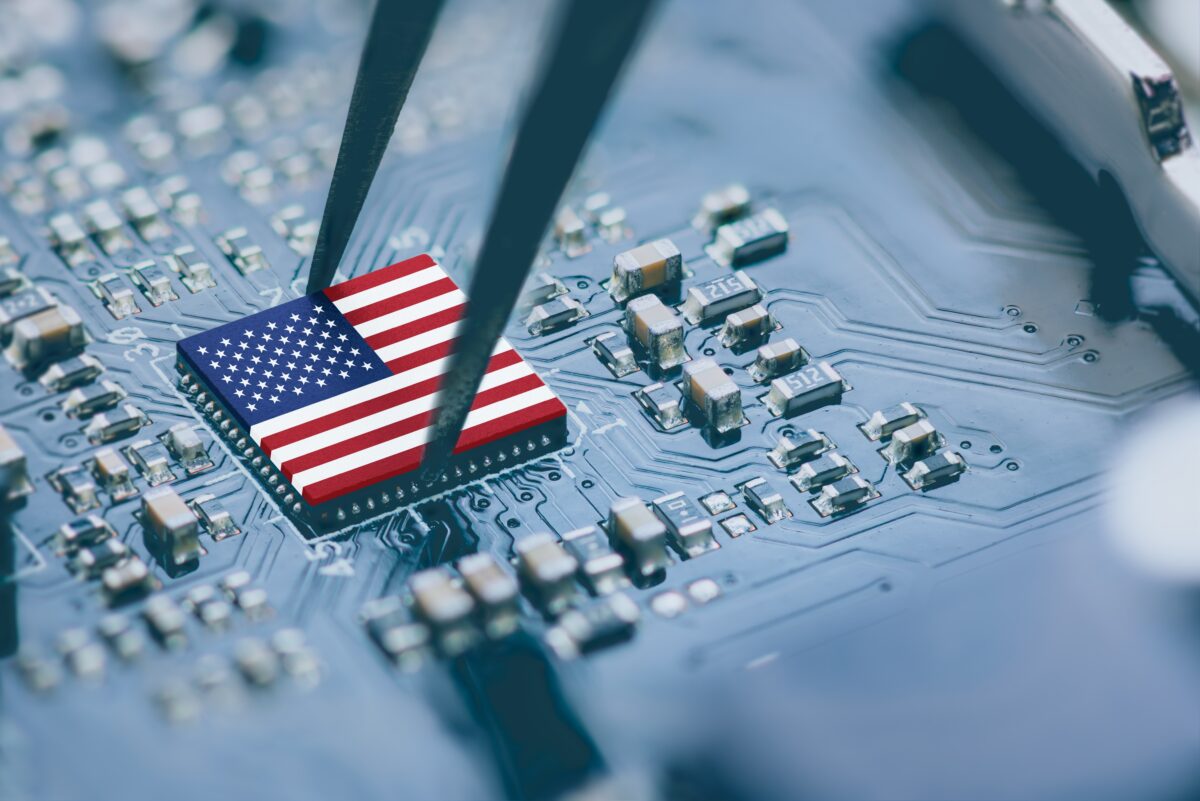The Chips Act childcare clause
Semiconductor manufacturers will have to provide affordable
childcare for their workers, according to a clause in the Chips Act.
New regulations will mean that companies are required to
provide day-care facilities near to their manufacturing sites. They could also
provide subsidies to workers so they can pay for childcare separately.
This clause only applies to companies applying for $150
million or more in funding, but other applicants are also advised to put these
measures in place.
The NOFO
These measures were released in the First Notice of Funding
Opportunity (NOFO) on February 28th. It covers not only childcare
provisions, but other measures to improve support for the workforce and their
community.
Secretary of the Commerce Department, Gina Raimondo, praised
the inclusion of a childcare clause. She has said in the past that a lack of
childcare provisions prevented people from returning to work post-pandemic.
According to Raimondo, manufacturers and unions need to work
with the department towards some grand goals. She hopes they can hire and train
another million women in construction in the next ten years. This, she said,
will help meet demand not only in the chip industry but across other
industries.
Other requirements
Other provisions in the first NOFO require applicants to
show their understanding of the Chips Act’s objectives.
They also have to demonstrate partnerships with local governments, a plan for
workforce training and supply chain risk and intellectual property theft
mitigation plans.
Both the NOFO and the original legislation in the Chips Act
will bring any foreign investment under a microscope. While foreign companies can
apply for certain manufacturing incentives, there are stipulations. This
include ineligibility if the country is listed as a ‘foreign entity of
concern’, or if the application is funded by one.
There will be two further NOFOs released further down the
line. The second NOFO will be based around semiconductor materials and
equipment, and the third will be for R&D facilities.
Act now
Despite all the changes to chip legislation in the US,
Lantek is not going anywhere. We will continue to do the best for our customers
and make sure all their electronic component needs are met. Whether you’re
based at home or internationally, we will harness our global network to ensure
you always have what you need. Call us today on 1-973-579-8100, or email us at sales@lantekcorp.com to change your
supply chain for the better.


